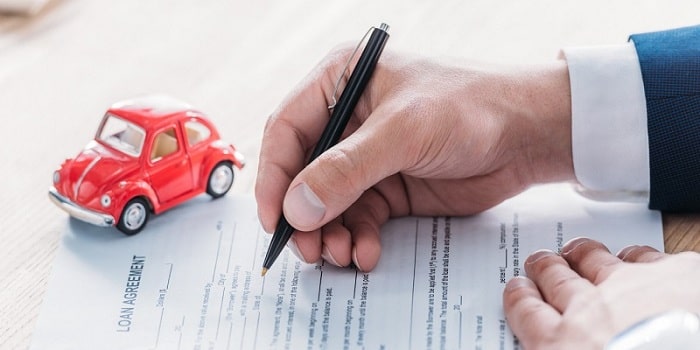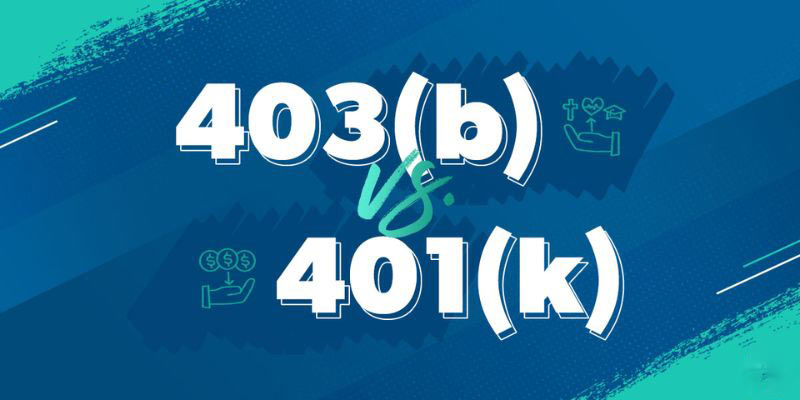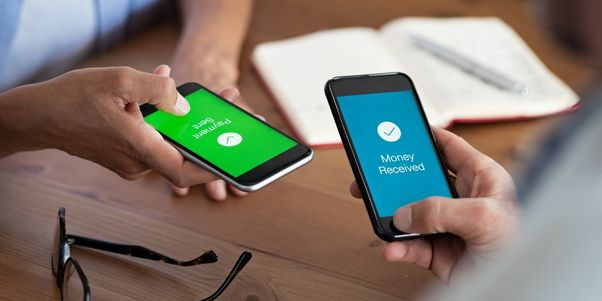
When you have paid off a car loan, you will have the opportunity to make some modifications to your financial situation. After paying off your auto loan, you must follow several actions, including examining your budget and insurance, acquiring the title, and verifying your credit score. However, before we go on to the following stages, we would like you to give yourself a hearty congratulatory pat for paying off this debt. You should even think about treating your car to a celebration wash and posing for a picture next to it while holding the title in your hand. The following is a rundown of everything that comes next in the process:
Evaluate Your Costs
Make sure you use that money you previously used to pay off your auto loan into anything else. You would want your excess cash to be used wisely, so save it on unnecessary items. Choose between paying down other bills or saving up.
Invest In Your Future Success.
You should adjust your budget to reflect that you are no longer making payments on your previous auto loan if you use a program like Empower, YNAB, or any other budget software solution.
Invest Your Previous Compensation
Make sure you have a reliable place to put the money you've saved or invested now that you have more breathing room in your budget. However, you should not just let your money sit there; instead, think of ways to put it to work for you. It’s common sense to put some of your windfalls into a high-interest savings account that may be used for unexpected expenses.
Savings Builder From CIT Bank Is One Option.
If you're ready to earn a respectable return on your money, the CIT Bank Money Builder account is a great choice. There are two high-interest earning options available through the CIT Bank Savings Builder.
The best possible rate is yours if you:
1. ensuring that there is always at least $25,000 in this account
2. putting away at least $100 monthly
Since most of us could save $100 monthly if we committed to saving $25,000, this is a fantastic option for many of us. You should be able to meet this requirement easily, given the monthly cost of your automobile payment was more than $100. It's thrilling to imagine not having to repay a loan every month but rather putting that money towards other goals, such as building up savings, paying off debt, or even treating yourself occasionally.
You Might Also Start Investing the Money You've Saved.
You may have established solid emergency savings and now feel ready to invest. There is always some risk involved when putting money into the stock market, but by spreading out your purchases and using dollar-cost averaging, you can mitigate some of that risk and still see your money increase.
Ways to Spend Less on Auto Insurance
Paying off your automobile loan may or may not result in a reduction in your auto insurance costs. Even yet, now is a good opportunity to examine your insurance policies, particularly if you believe you may reduce coverage elements where appropriate to reduce your premium costs.
It may make sense to reduce comprehensive coverage if your car is really old and not worth very much, but I'm not an agent, and I need to know your circumstances, so please talk to someone who is.
The Title Must Be Obtained and Kept (Securely)
Paying off debt and receiving the title can be a time-consuming process. It's preferable to make the request ahead of time rather than waiting until you desperately need it (for example, when you decide to sell the automobile) to do so.

In some jurisdictions, the lien holder (the financial institution that received your loan payments) is legally required to keep the title. Your title will be returned to you rather quickly if you live in one of these states (as shortly as your payment clears and they have time to inform the Department of motor vehicles in your state).
Determine Your Credit Rating
Ensure you use a provider to verify that your notice has been marked as paid on your credit report. The most important purpose is to have the credit bureaus reflect that you have fully paid off your auto loan.
The additional purpose is to ensure you didn't leave any interest unpaid; it's amazing how many individuals think they've paid off their debts when they have. You should double-check the "final payoff amount" that the lien holder requires you to request, as here is where the interest will be calculated.
Now, paying off a loan might slightly lower your credit score. Credit reporting agencies evaluate current payment patterns, not historical repayment details. The good news is that the effect should diminish over time. Credit Sesame and Credit Karma can give you the information you need to monitor your financial standing.




